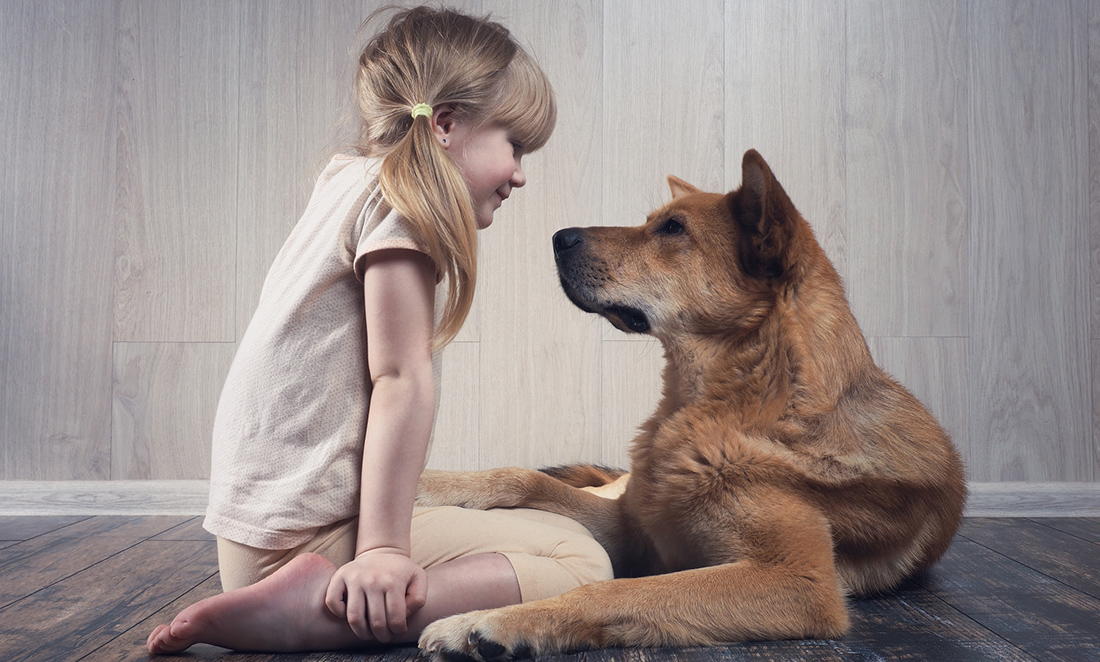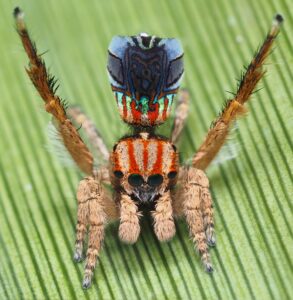A new longitudinal study suggests that children who grow up with pets are less likely to face behavioural difficulties or problems with their peers. They’re also more likely to display pro-social behaviour such as sharing and cooperating with others if they had a household pet.
According to the lead researcher of the study, Associate Professor Hayley Christian from the Telethon Kids Institute, pets support the social and emotional development of children in many ways.
“One key thing is the companionship they provide, the unconditional love they give us.
For many children, they are a confidant.”
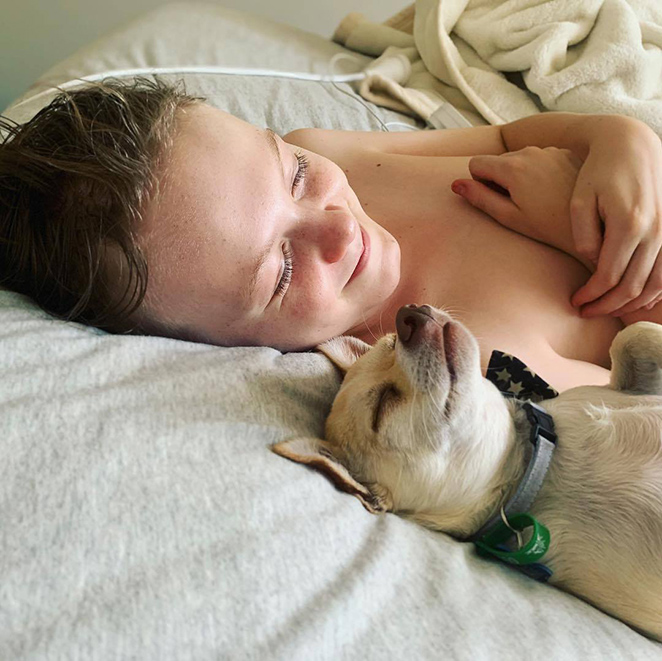
Building trust and empathy
Speaking to Particle with her curly-coated retriever Lenny circling her legs, Hayley says just having someone to talk to can help young children or teenagers who are struggling to express their emotions.
“[Pets] are great listeners,” she says.
Hayley says pets bring routine to a household, which is very important for kids.
She says they help boost self-esteem and reduce stress levels in adults and children alike.
Pets can also facilitate trust and empathy for others.
“Our pets, for most of us, are important family members,” says Hayley.
“Also, just reading pets’ and animals’ body language helps us to understand different emotions and behaviours.”
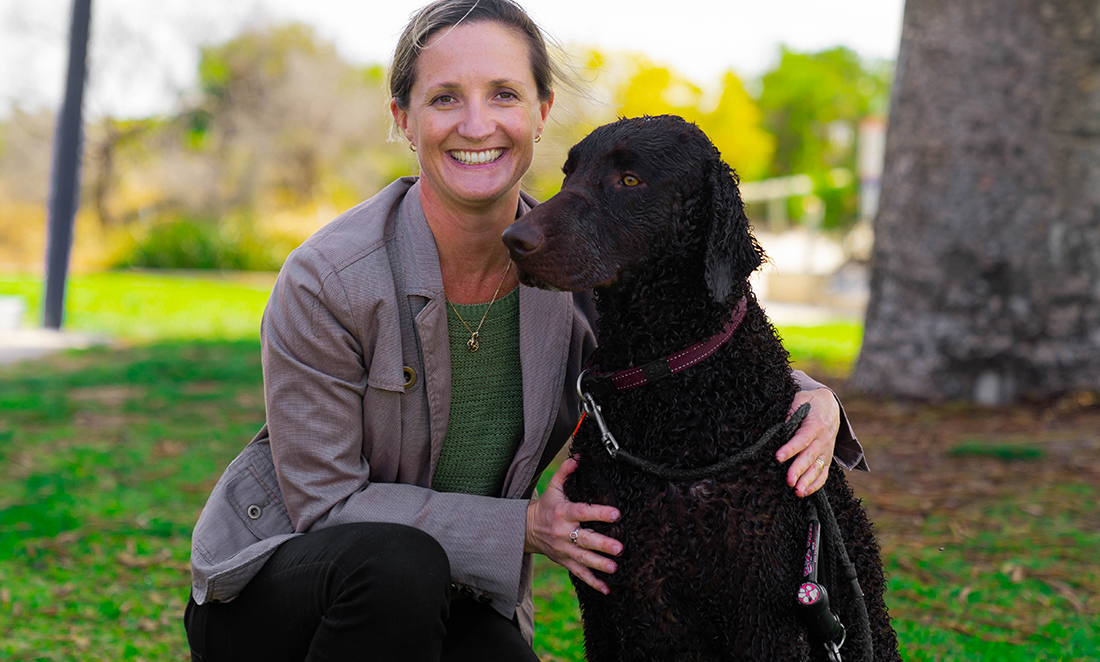
Kids from all walks of life
Australia has one of the highest rates of pet ownership in the world.
Almost two-thirds of Aussie households have a pet, according to Animal Medicines Australia.
The number rises to more than three-quarters of households that are home to families with children over the age of 6.
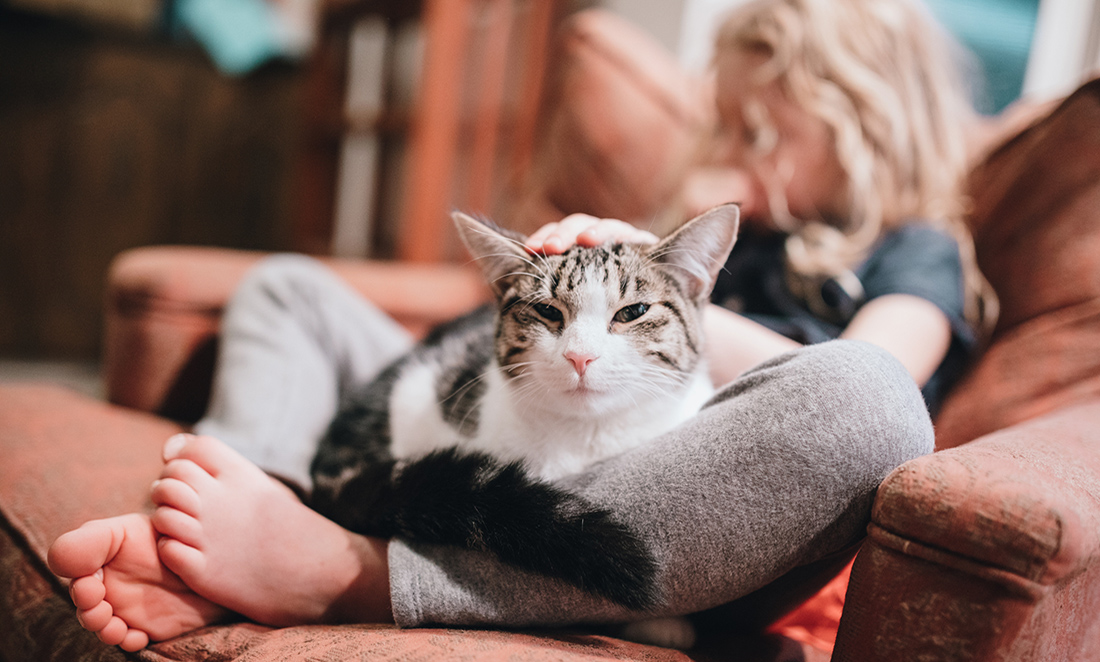
Hayley says previous studies have shown the benefits of pets for certain subgroups of children, such as those with ADHD. But she wanted to test this idea in a large study with kids from all walks of life.
So the team analysed data from Growing Up in Australia: The Longitudinal Study of Australian Children.
“You can’t get a better study,” says Hayley. “[It’s] 8000 children, and they’re representative of all Australian kids.”
(If you’re aged 16 to 17 or 21 to 22 now, you might have been part of the research).
Dogs vs cats
Hayley says all pets were beneficial for kids, but the effect was slightly stronger for families with dogs.
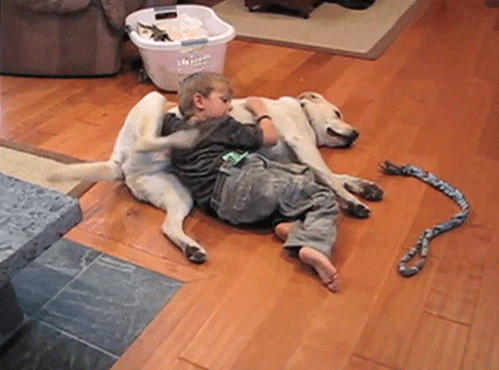
The researchers are now looking at whether at least some of the benefits come from children being active with their pets.
“So playing at home or going on family dog walks … we have a feeling that some of these social-emotional developmental benefits may be from the time children spend actively playing or walking with their dog,” says Hayley.
Pet ownership had the largest influence over the pro-social behaviour of kids without siblings.
“If you think about a household where there’s two children, they [have to] be able to share and help and cooperate,” says Hayley.
“But in single-child households, children may not have as many opportunities to do that.
“And that’s where the pet may be helping out.”
Despite the benefits, Hayley stresses that owning a pet comes with a lot of responsibility, and isn’t a decision to be made lightly.
She cautions against rushing to buy any animal on the basis of the study.
“We always need to do our homework and work out what pet would work for us, our family and our lifestyle,” says Hayley.



